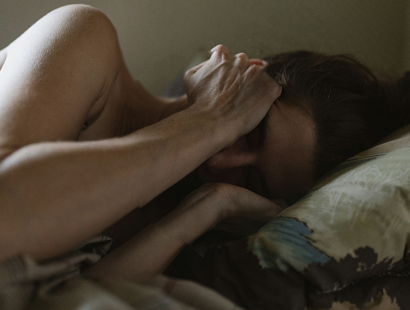
Family and criminal law: when two legal systems meet
It is not uncommon for someone in the middle of family proceedings to find themselves in need of help from the police or advice from a criminal lawyer, or vice versa. Finding yourself in both the family and criminal law systems can add significant complexity to your case as well as increased emotional stress and uncertainty given the high stakes involved.
Allegations of criminal behaviour will be emotionally and physically exhausting. They can also have a significant impact on family law cases, especially when children are involved. It may be relevant to who lives in the family home whilst proceedings take place and how arrangements for children are decided not only the interim, but in the longer term.
Criminal allegations in family law
There may be allegations of domestic abuse (physical and/or emotional), coercive controlling behaviour, financial control, drug abuse, harassment, fraud or other criminal behaviour.
If you are making the allegations, the most important thing is to keep safe: do not stay in a dangerous situation. You should always call the police if you are in fear for your safety. Depending on the circumstances, it may be possible to get protective orders through the family court as well. A criminal solicitor can help you, as a victim, navigate the criminal process.
Why early, joined-up legal advice matters
If you are going through family proceedings and find yourself accused of a criminal offence (even if it hasn’t yet been reported to the police), it is important to get joined up, strategic advice from both family law and criminal law specialists at an early stage. Allegations may affect both your personal and work life.
Thought needs to be given to the different approaches of both the family and criminal systems and how this can be best managed. The standard of proof in family proceedings is different to criminal proceedings; it is the ‘balance of probabilities’ rather than the higher threshold of ‘beyond reasonable doubt’. This can mean that a person can be acquitted in criminal proceedings (or no further action by the police is taken) but they still need to go through a fact finding hearing in family proceedings, where the court will hear all of the evidence again and can even reach a different conclusion. A collaborative approach between the criminal and family lawyers will be crucial to minimise the potentially conflicting approaches. An important decision may need to be made at an early stage about which proceedings should take place first and what overall strategy is likely to be the most effective.
It is crucial to get early advice on appropriate gathering of evidence, either of the abuse or in order to defend the allegations.
It is important to remember that the focus within criminal and family proceedings are different: whilst the family justice system has the welfare of the child as the first consideration, the criminal system has to include wider public policy and the right to a fair trial as well as welfare issues. Sadly, both systems do have something in common; they can be very, very, slow.
Accessing support during the process
Who can I talk to?
If you need to speak to somebody confidentially about your concerns for yourself or for your loved ones, you can call the Freephone 24-hour Domestic Abuse Helpline on 0808 2000 247 or contact the National Domestic Abuse Helpline to arrange a call-back at a safer time.
Other specialist helplines include:
- Men’s Advice Line for male victims and those supporting them—0808 801 0327
- Galop Helpline for members of the LGBTQ+ community—0800 999 5428 or email [email protected]
- Respect Phoneline for those worried about hurting their loved ones—0808 8024040
About Katie
Katie Longmate is a partner in the family and children team, advising across the full breadth of family law, including in cases where there are allegations of domestic abuse.
Get in touch
If you would like to speak with a member of the team you can contact our family and children solicitors by telephone on +44 (0)20 3826 7520 or complete our enquiry form.





